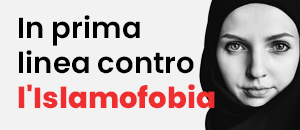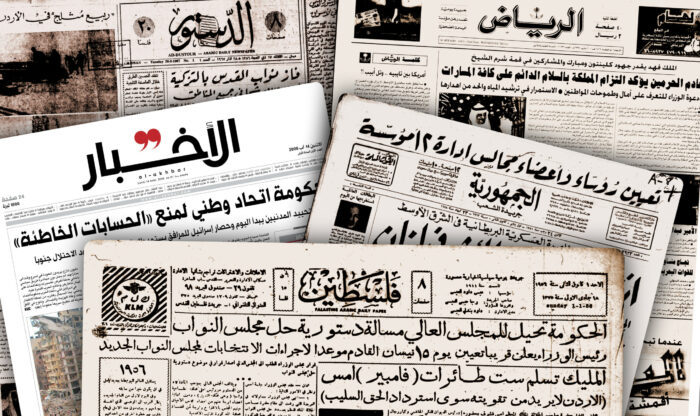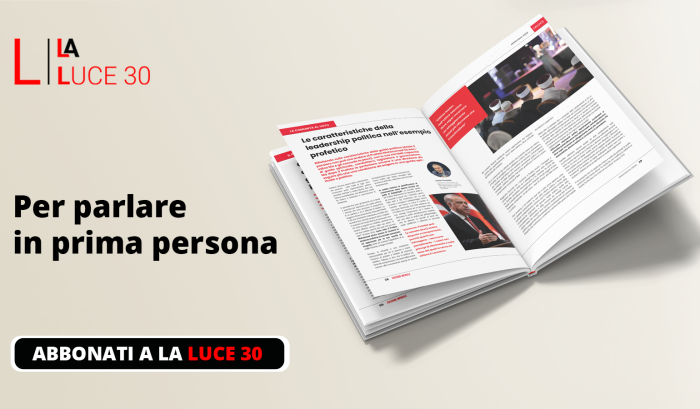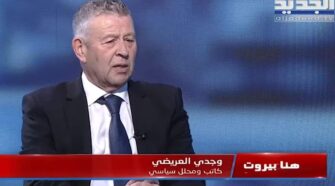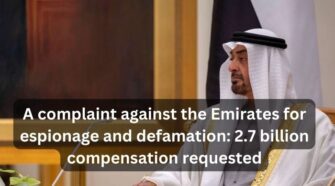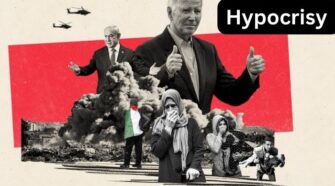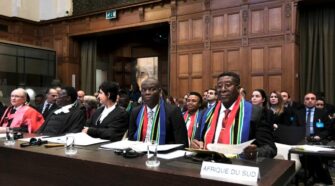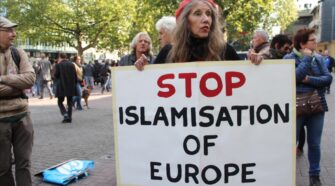We are living in an accelerated and unprecedented era of development, where a vast amount of data is flowing towards us, leading humanity into a state of complete chaos and fragmentation due to its inability to positively motivate and organize its time.
While it is true that the world has progressed and is witnessing significant transformations in technology and media, the absence of intellectuals from society leaves people morally and ethically alienated, far from transformative efforts and unable to keep pace with the demands of the times. This lack stems from an unclear and imprecise definition of the intellectual’s role in society.
The role of intellectuals in Arab society is riddled with numerous challenges and knowledge gaps, compounded by inadequate institutions that support idea generation and knowledge creation to improve societal conditions. Despite the apparent development, this progress remains superficial and illusory, lacking the power to define and protect transient cultures and combat data inflation, chaos, and inaccuracies.
Hence, it’s unsurprising that the intellectual’s struggle today in knowledge creation is susceptible to failure, mirroring numerous Arab issues such as freedom, heritage, and democracy. National, intellectual security, and cultural integrity face constant threats in this environment. Although genuine intellectuals exist, their efforts often fail to achieve institutional recognition, constrained by political considerations and local conflicts.
Moreover, the lack of funding for knowledge production, or the knowledge industry, coupled with the absence of cultural security in Arab societies, undermines identity empowerment and authentic values, leaving them vulnerable to Western influences.
The Arab intellectual, as a newcomer, grapples with a profound ideological crisis, overwhelmed by feelings of anger and defeat, hindered by negative incentives and cognitive limitations that prevent effective and influential engagement. Monitoring Western curricula has been attempted, notably by Edward Said in his book “Orientalism,” exposing Western arrogance and colonial methodologies. However, current hostility and ethnic cleansing rhetoric from the West make acculturation impossible, necessitating a reassessment of the Arab intellectual’s role.
As the West’s ability to produce transcendent knowledge diminishes and its tools become exposed, intellectuals must confront new questions: Can artificial intelligence replace human creativity and the deep understanding intellectuals offer? What is the role of the Arab intellectual in shaping collective memory and fostering critical thinking amidst the dominance of new technologies? Or will the intellectual remain an anomaly created abroad?

